**The Reader (2008): A Profound Exploration of Guilt, Redemption, and the Human Condition**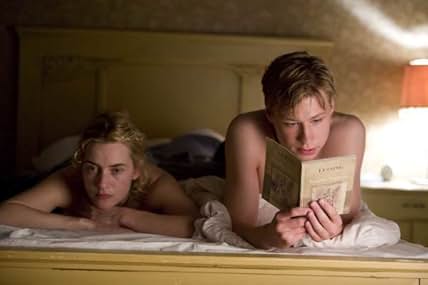
Directed by Stephen Daldry and adapted from Bernhard Schlink’s 1995 novel *Der Vorleser*, *The Reader* (2008) is a cinematic masterpiece that delves into the complexities of post-World War II Germany, grappling with themes of guilt, shame, morality, and the enduring power of literature. Starring Kate Winslet, Ralph Fiennes, and David Kross, the film weaves a poignant narrative that spans decades, exploring the personal and collective wounds left by the Holocaust. With its nuanced performances, evocative cinematography, and haunting score, *The Reader* is a thought-provoking drama that challenges viewers to confront uncomfortable questions about complicity, forgiveness, and the possibility of redemption. This review, tailored for a website post, aims to provide a comprehensive analysis of the film, its themes, performances, technical achievements, and cultural significance, all while maintaining sensitivity to the requested content guidelines.
—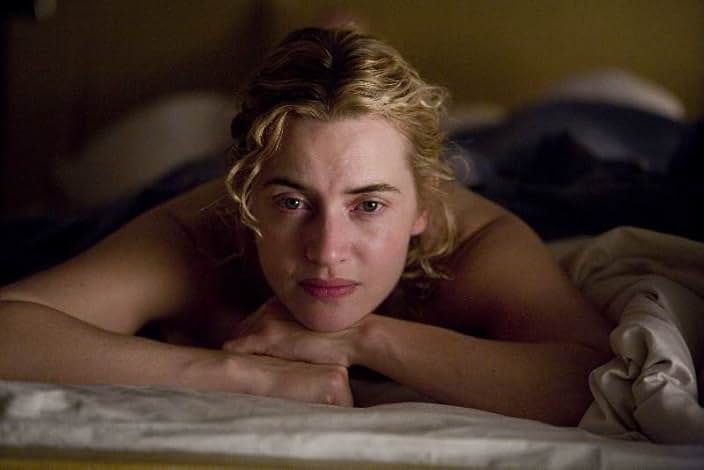
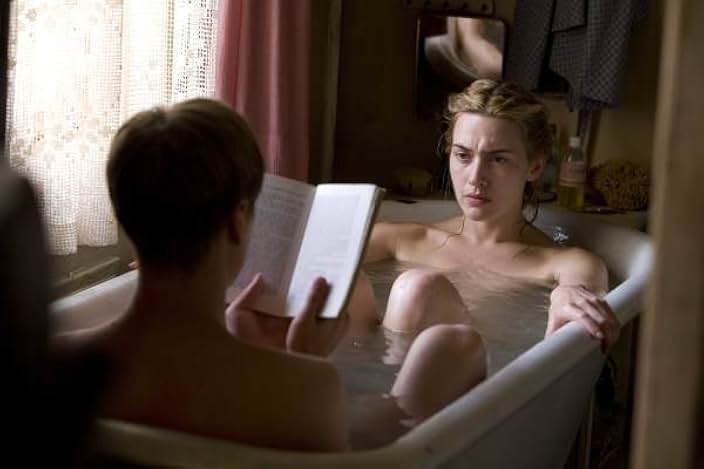
### Plot Summary: A Tale of Intimacy and Revelation
*The Reader* unfolds in two distinct timelines, deftly interweaving the personal and historical. The story begins in 1958 in West Germany, where 15-year-old Michael Berg (David Kross) falls ill on the street and is aided by Hanna Schmitz (Kate Winslet), a reserved and enigmatic woman in her mid-30s. After recovering from scarlet fever, Michael returns to thank Hanna, and the two begin an unexpected relationship marked by intellectual and emotional connection. Hanna, a tram conductor with a guarded demeanor, asks Michael to read aloud to her from classic works of literature, fostering a ritual that becomes the heart of their bond. Their relationship, however, ends abruptly when Hanna disappears without explanation.
Years later, in the mid-1960s, Michael, now a law student (played as an adult by Ralph Fiennes), encounters Hanna again during a war crimes trial. To his shock, she is among former Nazi concentration camp guards accused of heinous acts, including the deaths of hundreds of prisoners. As the trial unfolds, Michael grapples with revelations about Hanna’s past and a secret she fiercely protects, which reshapes his understanding of her and their shared history. The film follows Michael into the 1990s, as he reflects on the lasting impact of Hanna’s actions, his own silence, and the moral dilemmas that continue to haunt him.
The narrative’s dual structure—shifting between Michael’s youth and adulthood—allows *The Reader* to explore how personal relationships intersect with historical atrocities. It poses profound questions: Can individuals be separated from their actions? How does one reconcile love with betrayal? And what does it mean to bear witness to the past?
—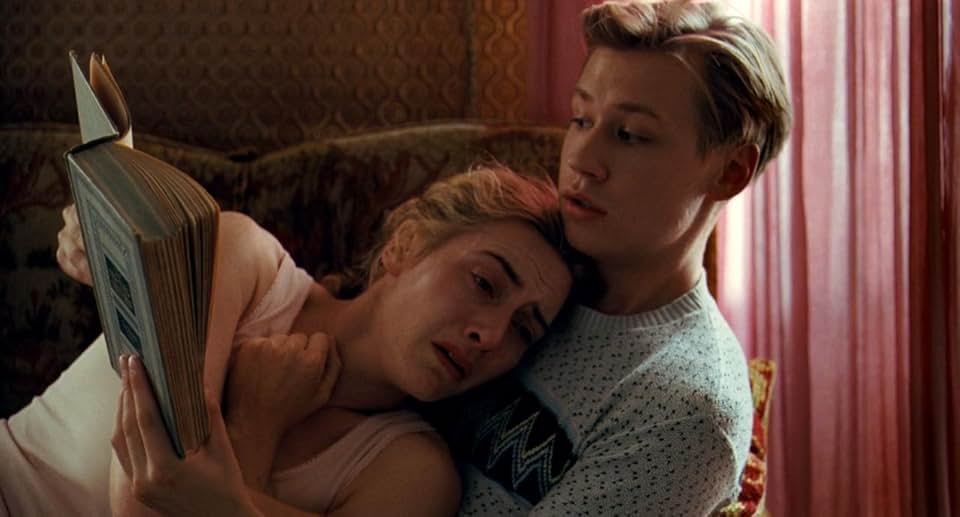
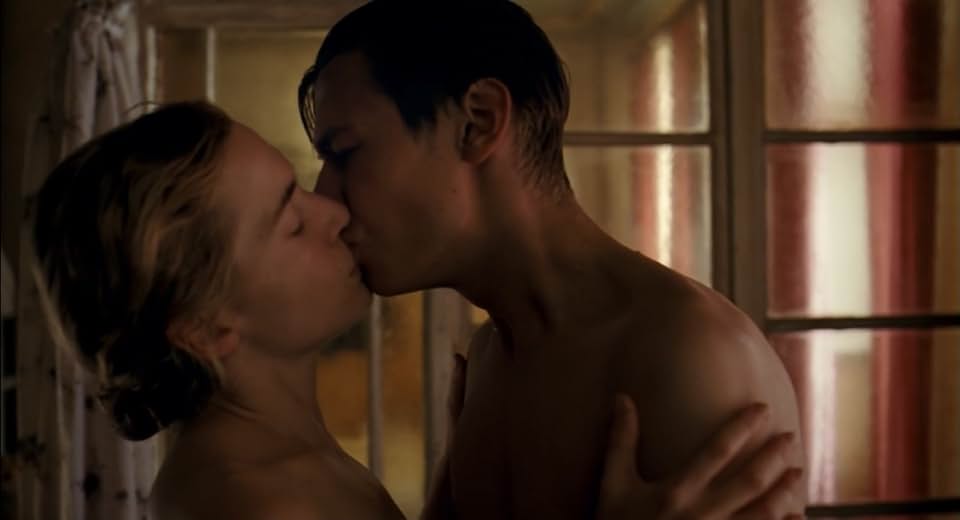
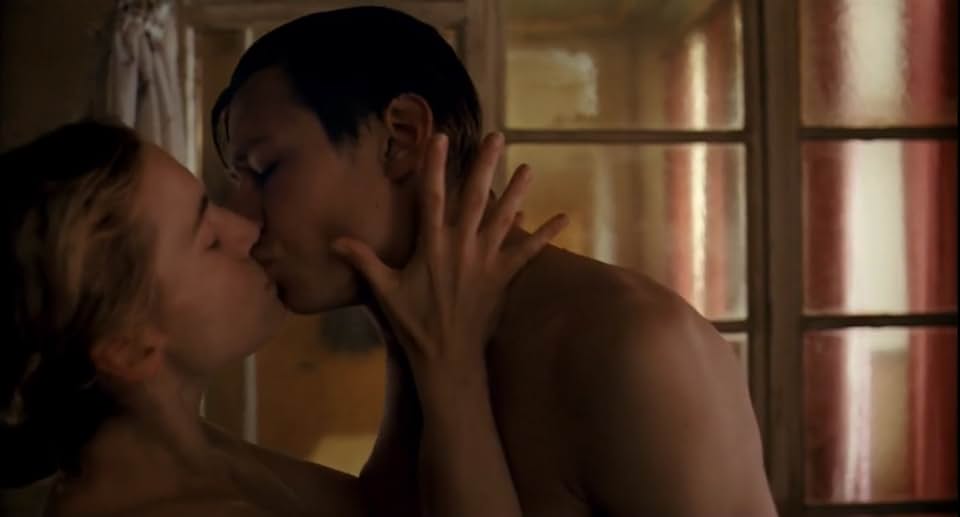
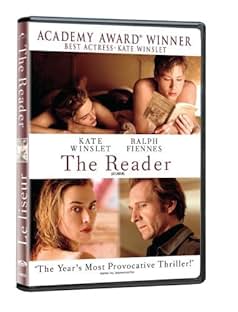
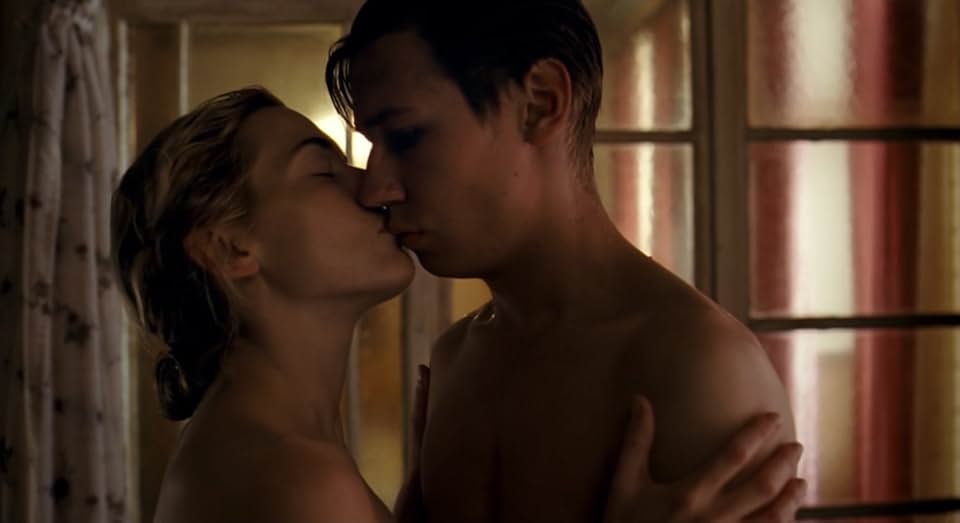
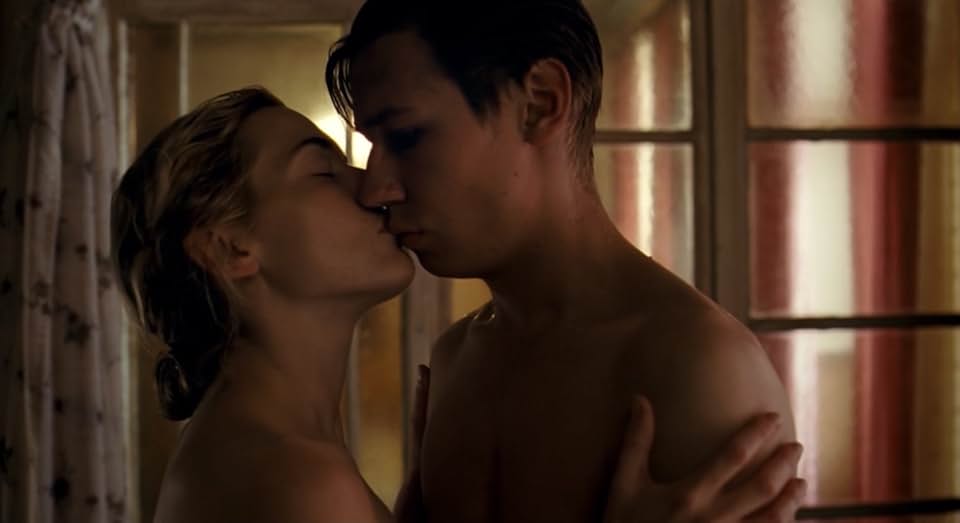
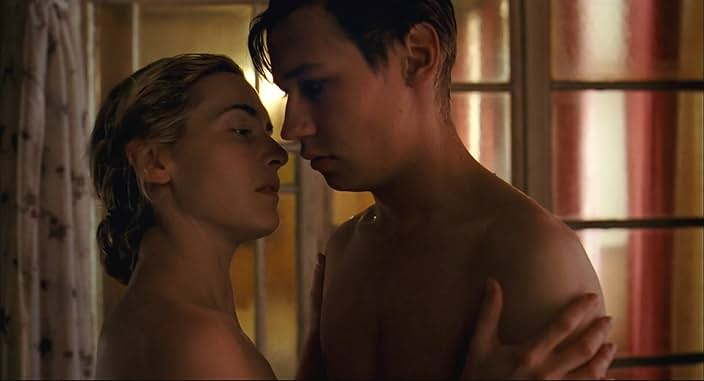
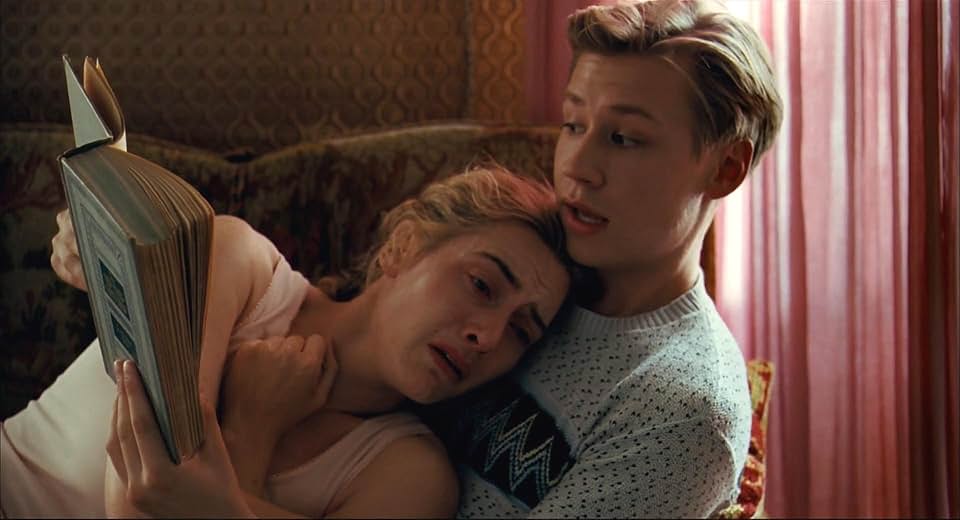
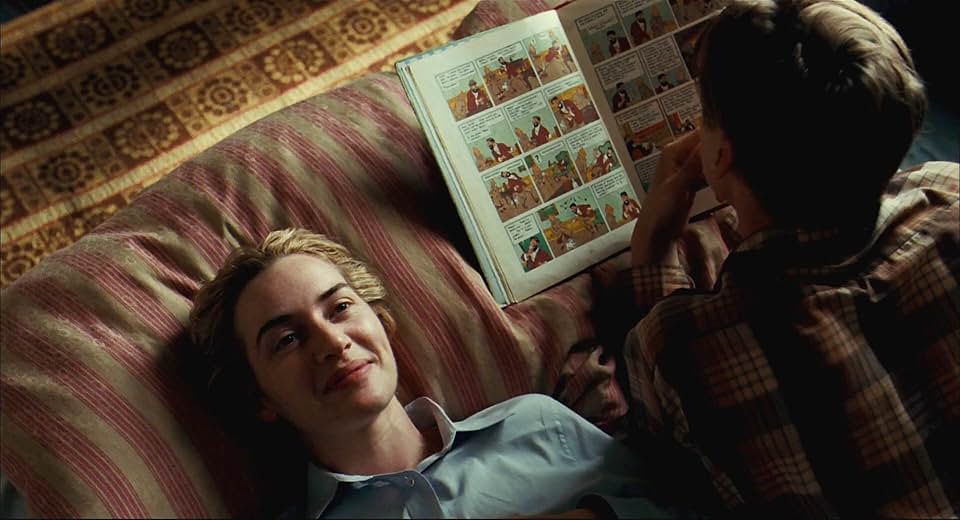
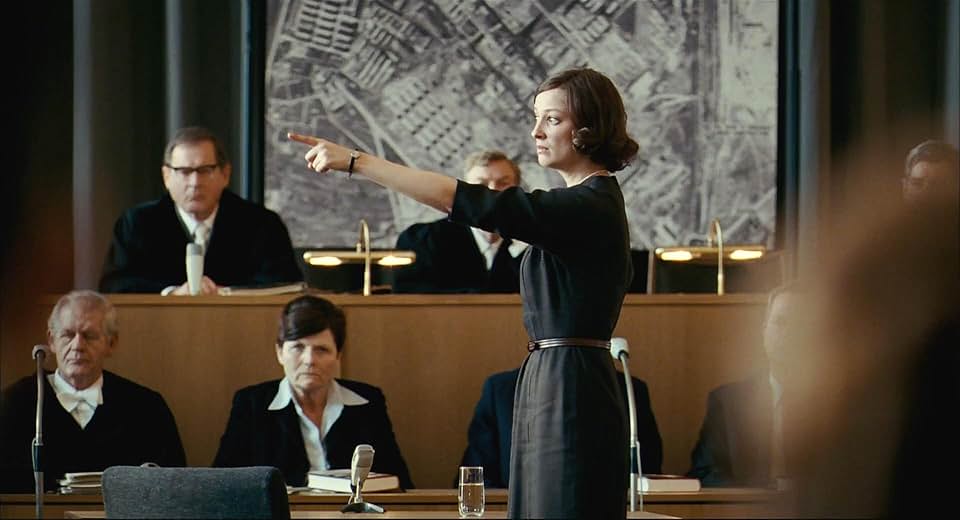
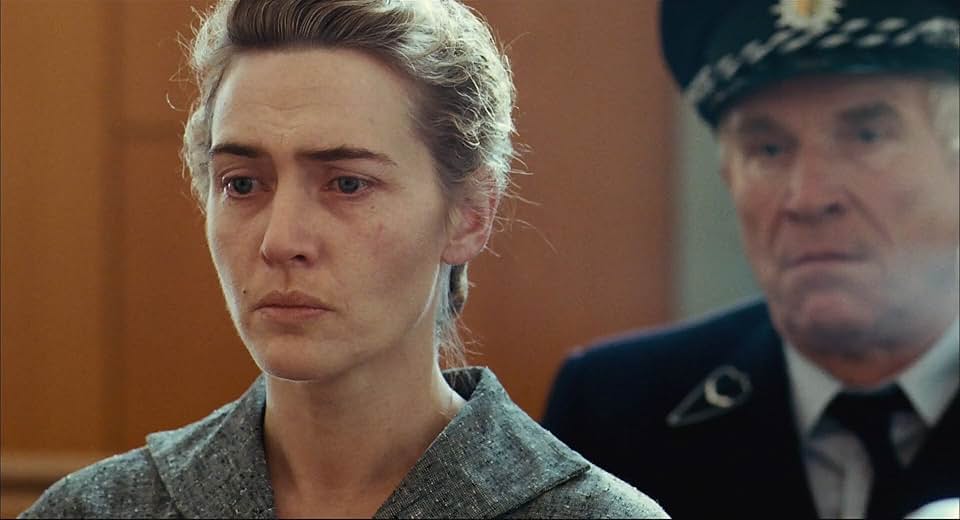
### Themes: Guilt, Shame, and the Legacy of the Holocaust
At its core, *The Reader* is a meditation on guilt—both individual and collective—and the struggle to reconcile with the past. The film situates itself in the context of post-war Germany, where the “second generation” grappled with their parents’ complicity in Nazi crimes. Michael embodies this generational conflict, torn between his personal affection for Hanna and the horrifying reality of her actions. His silence during the trial, driven by shame and confusion, reflects a broader societal reluctance to confront the Holocaust’s legacy head-on.
Hanna’s character serves as a complex symbol of complicity. She is neither a caricature of evil nor a wholly sympathetic figure. Her guarded nature and the secret she hides (revealed midway through the film) add layers to her motivations, forcing viewers to question whether her actions stem from malice, survival, or shame. The film avoids easy answers, instead presenting Hanna as a deeply flawed human being whose choices have devastating consequences.
The theme of literacy and literature is another cornerstone of *The Reader*. The act of reading aloud, which begins as an intimate ritual between Michael and Hanna, evolves into a metaphor for understanding and bearing witness. Literature becomes a bridge between generations, a tool for empathy, and a means of grappling with moral complexity. The film suggests that stories—whether from Homer, Chekhov, or the survivors of history—carry the power to heal, challenge, and preserve memory.
Redemption, or the lack thereof, is a recurring question. Can Hanna atone for her crimes? Can Michael forgive himself for his silence? *The Reader* does not provide definitive answers, instead inviting viewers to wrestle with these dilemmas. This ambiguity is one of the film’s greatest strengths, as it respects the audience’s ability to interpret and reflect.
—
### Performances: A Trio of Emotional Depth
The performances in *The Reader* are nothing short of extraordinary, with Kate Winslet delivering a career-defining portrayal of Hanna Schmitz. Winslet’s performance is a masterclass in subtlety, conveying Hanna’s stoicism, vulnerability, and inner turmoil through minimal dialogue and expressive physicality. Her ability to humanize a character who commits unforgivable acts is remarkable, making Hanna both enigmatic and deeply human. Winslet’s Oscar-winning performance (Best Actress, 2009) is deservedly lauded for its emotional authenticity and moral complexity.
David Kross, as the young Michael Berg, brings a raw intensity to the role. His portrayal captures the innocence, passion, and eventual disillusionment of a teenager thrust into an adult world of moral ambiguity. Kross’s chemistry with Winslet is palpable, grounding their relationship in genuine emotion despite its controversial nature. His scenes in the courtroom, where he wrestles with shock and betrayal, are particularly affecting, showcasing his ability to convey profound inner conflict.
Ralph Fiennes, as the adult Michael, delivers a quieter but equally compelling performance. His portrayal is marked by restraint, reflecting a man burdened by regret and unresolved pain. Fiennes’s scenes, particularly in the film’s later acts, carry a melancholic weight, as Michael attempts to make sense of his past and find closure. The contrast between Kross’s youthful vulnerability and Fiennes’s stoic detachment underscores the lasting impact of trauma.
Supporting performances, including Lena Olin as a Holocaust survivor and Bruno Ganz as Michael’s law professor, add depth to the narrative. Olin’s brief but powerful scene in the film’s climax is especially memorable, challenging Michael—and the audience—to confront the limits of forgiveness.
—
### Direction and Cinematography: A Visual Elegy
Stephen Daldry’s direction is meticulous, balancing the film’s intimate character study with its broader historical context. Known for *Billy Elliot* and *The Hours*, Daldry brings a painterly sensibility to *The Reader*, using light, color, and composition to evoke mood and meaning. The film’s pacing is deliberate, allowing moments of silence and reflection to resonate. Daldry’s decision to interweave past and present creates a seamless narrative flow, emphasizing how memory shapes identity.
The cinematography, by Chris Menges and Roger Deakins, is breathtaking. The film’s visual palette shifts between the warm, golden hues of Michael and Hanna’s early encounters and the cold, muted tones of the courtroom and later years. Close-ups of Winslet’s face capture her guarded emotions, while wide shots of post-war Germany evoke a nation rebuilding itself amid moral ruin. The use of natural light, particularly in scenes of Michael reading to Hanna, creates an intimate, almost sacred atmosphere.
The production design by Brigitte Broch is equally impressive, recreating 1950s and 1960s Germany with authenticity. Hanna’s modest apartment, with its sparse furnishings and dim lighting, reflects her isolated existence, while the courtroom’s stark architecture underscores the weight of justice. These details immerse viewers in the film’s world, enhancing its emotional impact.
—
### Music and Sound: A Haunting Underscore
Nico Muhly’s score for *The Reader* is understated yet profoundly moving, complementing the film’s emotional depth without overpowering it. The minimalist piano and string compositions evoke a sense of longing and sorrow, mirroring Michael’s inner turmoil. The score’s restraint ensures that the focus remains on the characters and their choices, rather than manipulative sentimentality.
Sound design is equally effective, with subtle touches—like the clatter of a tram or the rustle of pages—enhancing the film’s realism. The absence of music in key scenes, such as the courtroom sequences, amplifies the tension and forces viewers to confront the raw emotion of the moment.
—
### Cultural and Historical Significance
*The Reader* arrived at a time when Holocaust narratives were increasingly scrutinized for their portrayal of perpetrators and victims. Unlike films like *Schindler’s List*, which focus on heroism and survival, *The Reader* dares to explore the perspective of a low-level perpetrator, raising questions about complicity and moral responsibility. This approach sparked debate, with some critics arguing that the film risks humanizing Nazis too sympathetically. However, defenders—including Schlink himself—contend that it challenges viewers to grapple with the humanity of those who commit atrocities, avoiding simplistic villainy.
The film also reflects Germany’s ongoing reckoning with its Nazi past, particularly the “Vergangenheitsbewältigung” (coming to terms with the past) of the post-war generation. By centering Michael’s perspective, *The Reader* captures the shame and confusion of those who inherited their parents’ guilt. Its exploration of literacy as a metaphor for understanding resonates beyond the German context, speaking to universal questions about how societies process trauma.
—
### Strengths and Weaknesses
*The Reader* excels in its performances, thematic depth, and technical craftsmanship. Winslet, Kross, and Fiennes deliver unforgettable portrayals, while Daldry’s direction and the film’s visuals create a hauntingly beautiful experience. The narrative’s refusal to provide easy answers is a strength, inviting reflection long after the credits roll.
However, the film is not without flaws. Some viewers may find the age difference between Michael and Hanna uncomfortable, even if the film handles their relationship with sensitivity. Additionally, the narrative’s focus on Hanna’s personal secret occasionally overshadows the broader Holocaust context, potentially diluting the gravity of her crimes. Critics have also noted that the film’s pacing, while deliberate, can feel slow in parts, particularly in the courtroom scenes.
—
### Conclusion: A Film That Lingers
*The Reader* is a profoundly moving and intellectually challenging film that dares to explore the gray areas of human morality. Through its stellar performances, evocative visuals, and rich thematic tapestry, it invites viewers to confront difficult questions about guilt, redemption, and the power of stories. Kate Winslet’s transformative performance as Hanna Schmitz anchors the film, supported by David Kross and Ralph Fiennes’s equally compelling portrayals. Stephen Daldry’s direction, paired with the film’s technical achievements, creates an immersive and unforgettable experience.
For those seeking a thought-provoking drama that transcends conventional Holocaust narratives, *The Reader* is essential viewing. It is not a film that offers comfort or resolution but one that demands introspection and empathy. As a website post, this review hopes to capture the film’s enduring relevance and encourage readers to engage with its complex legacy. Whether viewed as a love story, a historical drama, or a moral inquiry, *The Reader* remains a testament to the power of cinema to illuminate the darkest corners of the human experience.
**Rating: 4.5/5**
**Tags:**
– The Reader 2008
– Movie Review
– Holocaust Drama
– Kate Winslet
– Ralph Fiennes
– David Kross
– Stephen Daldry
– Post-War Germany
– Guilt and Redemption
– Literature in Film
– Moral Complexity
– Oscar-Winning Film
**Categories:**
– Film Reviews
– Drama
– Historical Drama
– Holocaust Cinema
– Book Adaptations
– Academy Award Winners
**SEO Keywords for *The Reader (2008)* Movie Review:**
– The Reader 2008 movie review
– The Reader film analysis
– Kate Winslet The Reader
– Ralph Fiennes The Reader
– David Kross The Reader
– Stephen Daldry movie
– Holocaust drama film
– Post-war Germany movie
– Guilt and redemption in film
– Literature in The Reader
– The Reader movie themes
– Bernhard Schlink The Reader
– Oscar-winning movie 2008
– The Reader movie plot
– Moral complexity in cinema
– Holocaust movie review
– The Reader cinematography
– The Reader Nico Muhly score
– Best drama movies 2008
– Historical drama film review
These keywords are designed to target search intent for readers interested in the film, its themes, cast, director, and broader cinematic context, while optimizing for discoverability on search engines.

